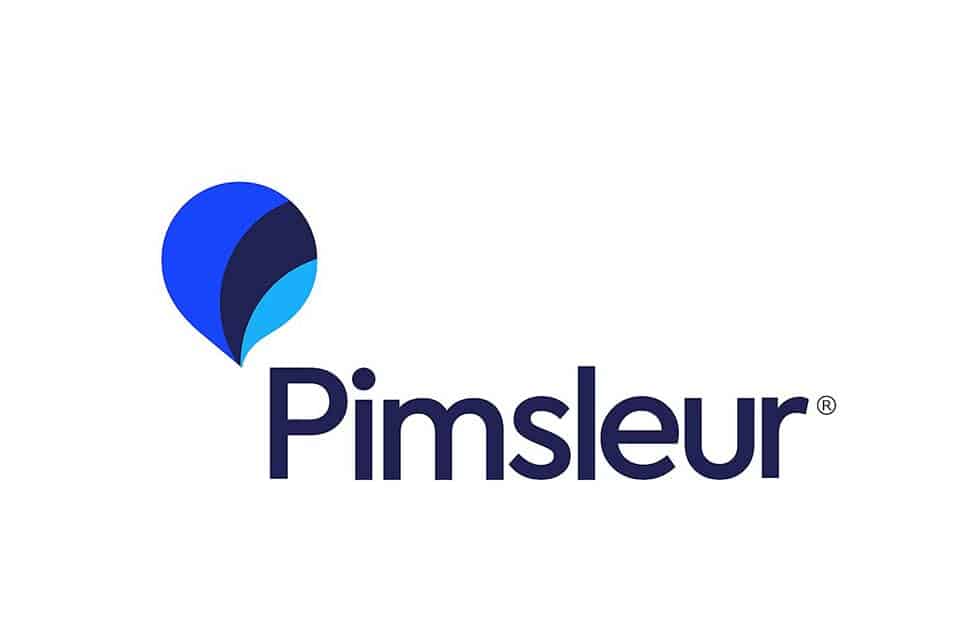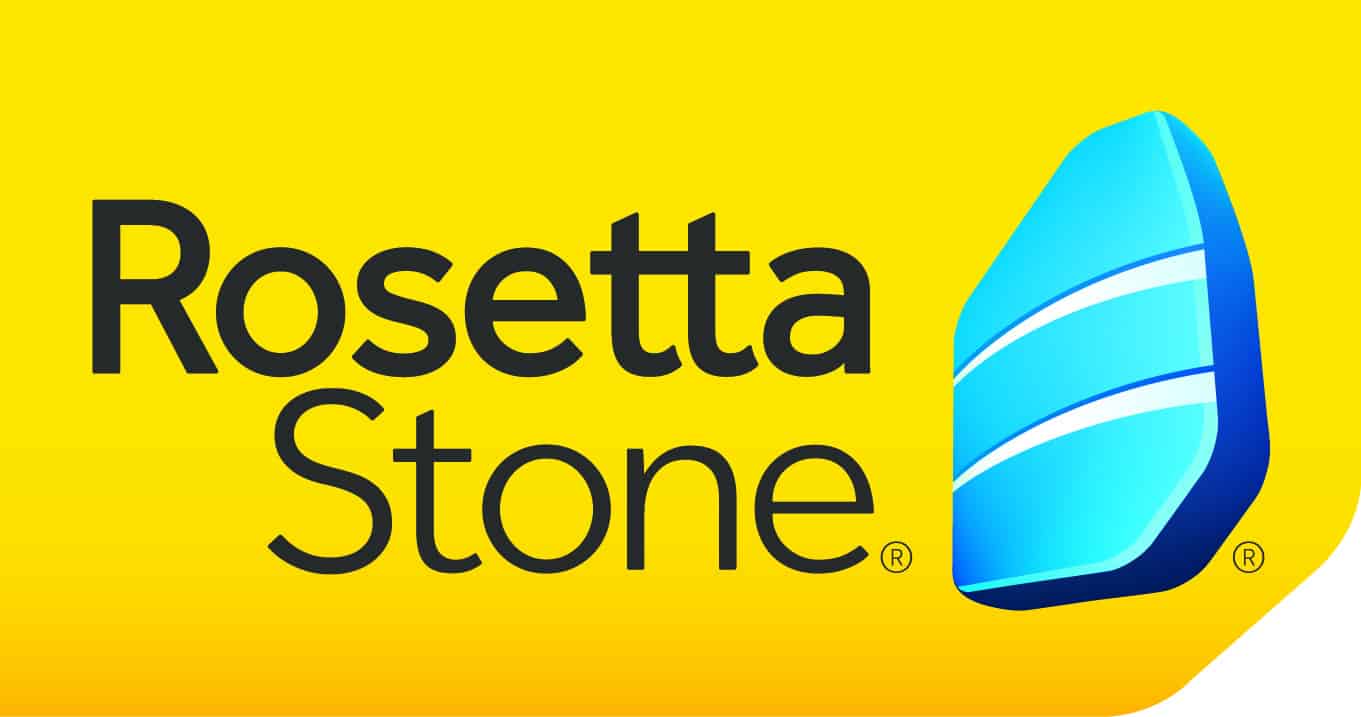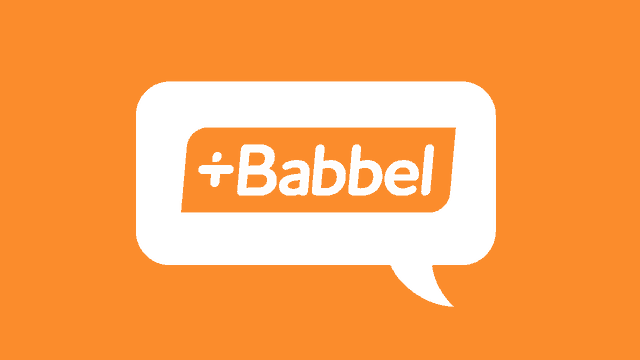If you are willing to learn a new language, there are several language learning software that can help you achieve just that. If you’re not aware, language learning software comes with a combination of written, video, audio, and interactive content to help users learn and enhance their abilities to communicate in a particular foreign language, and we have the best options here. see 5 best language learning software:
1. Pimsleur:

This is a brilliant choice for language learners because of its well researched and highly regarded teaching methods. This option depends on graduated interval recall, which helps users to build long-term language memory via repetition and optimally spaced lesson topics. Be aware that every lesson will concentrate on a limited set of core vocabulary, which you can build on in lessons to come.
2. Duolingo:
![]()
This is a free language learning software that works best on mobile, even if it also has a web-based version. As soon as you register, just select between 37 languages, including the not so popular ones.
Must Read: 5 Best Apps For English Language Learners
If you’re a sci-fi and fiction fan, you’ll definitely love seeing Klingon and High Valyrian. Lessons will be simple to tap through and build your vocabulary over several topic-based lectures like words for travel or restaurants. However, please note that you’ll be seeing adverts throughout your learning experience if you use the free version.
3. Rosetta Stone:

Still on the topic of best language learning software. Rosetta is a popular learning software with support for 25 different languages. Even if a lot of users will learn one at a time, there’s also an option to subscribe to a package of all 25 languages with lifetime access.
This platform is popular among businesses and governments who regularly send workers on assignments abroad.
4. Memrise:

This option is amazing for casual language learners because it concentrates on teaching basic vocabulary for real-life situations. It is supported by over 50,000 videos featuring local speakers who give you cultural insights while teaching you any language.
Must Read: How To Change Your Netflix Language Setting
The fact is that this platform focuses on making you speak quickly, rather than the grammatical side of things. It is surely the best choice for those who want to learn a conversational language.
5. Babbel:

This software is available for the web and mobile, but its application is simpler to use and blessed with useful features. It will not just deliver the regular course materials, it also provides options to work with live instructors in a small group class.
Must Read: 7 Best Language Learning Apps You Should Have
It is also home to brief lessons and real-life dialogues to help you speak your favourite language in no time. It is definitely the best choice for beginners or intermediate speakers, and advanced students are better off with other options.
wrapping up:
There you have it – a comprehensive list of best language learning software. If you have other recommendations, feel free to drop them in the comment section below.
More Information On Gadgets:
A gadget is a small tool such as a machine that has a particular function, but is often thought of as a novelty. Gadgets are sometimes referred to as gizmos.
In the software industry, “Gadget” refers to computer programs that provide services without needing an independent application to be launched for each one, but instead run in an environment that manages multiple gadgets.
There are several implementations based on existing software development techniques, like JavaScript, form input, and various image formats.
The earliest documented use of the term gadget in context of software engineering was in 1985 by the developers of AmigaOS, the operating system of the Amiga computers (intuition.library and also later gadtools.library).
It denotes what other technological traditions call GUI widget—a control element in graphical user interface. This naming convention remains in continuing use (as of 2008) since then.
It is not known whether other software companies are explicitly drawing on that inspiration when featuring the word in names of their technologies or simply referring to the generic meaning. The word widget is older in this context.
In the movie “Back to School” from 1986 by Alan Metter, there is a scene where an economics professor Dr. Barbay, wants to start for educational purposes a fictional company that produces “widgets: It’s a fictional product.”



